Who are we? We are not “Indians”, nor American Indians – we are Indigenous people… but we are even more than that. Tacitly we feel the etymology of the term “Indian” “as it references stereotypes and cultural appropriations – those are not who we are. The coined word “Indian”… [came] to us after Christopher Columbus landed in what is known as the Bahamas, thinking he had landed in India”. Unfortunately, the word “Indian” is now synonymous with landmarks to reinforce misnomers, like reservation signage (i.e., “The Lake Superior Band of Chippewa Indians”); governmental organizations which regulate tribal affairs like the “Bureau of Indian Affairs – BIA”, and even our CDIB tribal identification card’s (“Certificate Degree of Indian Blood”). Consequently, we unconsciously internalize, recast, and even name our own tribal organizations using the same rhetoric, (i.e., “The American Indian Center – AIC”; “Native American Enrichment Services-NAES”; “California Indian Manpower Consortium – CIMC”), generating a viral meme theory that metastasizes on its own and retraumatizes and oppresses cyclically. Sadly, as organizations, we often unknowingly refuel hegemonic ivory legal structures via this type of transference, and history of macroevents. Justo L. Gonzalez, in his text Manaña, recalls the ideas of macroevents. Justo L. Gonzalez, in his text Mañana: [Christian Theology from a Hispanic Perspective], recalls of macroevents by stating these are “events so large and far-reaching that we only become aware of them when we stand back from daily events and try to see the trends of the last few centuries.” The goal of this text is to transform these narratives beyond a general term like Indian to Indigenous Peoples and beyond with cultural specificity which being to the forefront an acknowledgment of different tribal nations (over 550 currently), and tribal languages (over 270). As we employ the words “Indigenous Peoples”, this yields a sweet sage on top of the smoke signal words we use daily. The goal is to dignify that we are here, and that “we are from this land … before the name America”, pilgrims, settlers, colonizers, ships, and the slave trade, which subsequently “reinforc[e] our land claims ” because” we” are the Indigenous.
We, (tribal members and those who identify as indigenous), were here before the word America, before European conquest narratives called colonization, and even before ships. Thus, to project the word “Native American” upon us posits we are from America? That begs the question: wouldn’t that mean any person could technically call themselves native to America and “Native Americans”?.
We know land claims are important because we are still here, on our lands, tribal lands, the stolen land right under your feet right now. We are tribal members, and we have living descendants who also identify as indigenous and echo: “I am indigenous – Bear clan: Anishinaabe”. Acclaimed author James F. Davis correctly states that “census data after 1960 allowed the self-identifying role – where African Americans applied the role of hypodescent to themselves.” The fact remains that most Americans are polygenic, for African Americans in the US their genome is roughly 70%. African, with the remaining 30% drawn from various populations in the Americas. Davis also posits correctly that as many as 25% of all African Americans have some tribal ancestry. Often times, we hear those invoking “Indian imagery in terms of ancestry to provide symbolic avenue[s]”… for resisting racism – against African Americans.” Sadly, “Black intellectuals like Booker T. Washington regarded Indians as inferior to Blacks on the “scale of civilization.” So, how can Indian qualities be advantageous to Black situations as they claim kinship with tribal people, “provided African Americans in the late 19th century and early 20th century [ claimed being Indian as ] a way of rebelling against systems” of segregation, discrimination, and civilization imposed on them by White society? My prayer is that any person who has tribal ancestry begins to echo into spaces that they “identify as Indigenous” versus continuing our given race constructs in daily macroevents.
Another disturbing truth to consider is the documented history citing tribes had slaves, and were required to incorporate them into their own tribes, free them, or both as directed by the US government as they moved to reservations. The most well-known record is from Cherokee tribes, who were forced to relocate via “The Trial of Tears.” During this movement, the Cherokee took their slaves with them [approximately 1,600 slaves], and at arrival relinquished their slave population as they were retitled to “Cherokee Freeman”; where African Americans (ex-slaves) were neither tribal members or Cherokee.” The historical truths of this wrong remind us of 19th Century Cherokee treaties which stated no African Americans can be wed or bear Cherokee children due to land rights.”
In “Race and Sovereignty”, Julia Coates similarly states that “[i]ntermarriage with blacks was prohibited by Cherokee law and the children of any such intermarriages were not recognized as citizens.”
As an Anishinaabe Bear clan tribal member (you knew of I tribe as “Chippewa”), we as a people are not increasing, even with hypodescent and the 1960 census change to self-identify, as our blood quantum kills our tribal rolls. By example, if your maternal lineage was 100%. Mohawk and your paternal lineage was 100%. Blackfoot, the government (BIA) requires you to belong / choose only one tribe, and by default your CDIB blood quantum would be at 50%., even though you are 100% Indigenous. Then by default, your Children’s CDIB would yield only 25% blood quantum, and so on – bleeding out your tribal descendancy status. Descendancy Status is of no legal tribal consequence. Blood quantum continues to decimate tribes today more than the “indigenous nations who lost 95% of their population in the 130 years after contact with [so-called ] explorers and settlers” due to disease, death, war, and genocide.
Now what? In this tribal cry of mine, these words are penned to write the right words, because utilizing the right words write our world. If you are a marginalized person, you know all too well that the acute traumatic linguistics become chronic oppressions. Today, transformative Indigenous justice has already begun as you’ve read, gleaned, and hopefully will share this article with others to overwrite conquest narratives with your right words. Practically, how is this done? A Japanese rhetorician, S. I. Hayakawa, advises we climb down the ladder of abstraction “to connect with listeners through searching our concrete words which will clarify and improve communication.” Tell others who we are by traveling beyond categories (Indian), because those are abstract concepts. Ask questions, and climb the abstract ladder (tribe, reservation), continuously exploring and informing yourself with refining questions (clan, language). Today, I cry out:
Congratulations! (English)
Eigii-minochigen (Ojibwe)
Edewiges (Potawatomi)
Wasurupi (Ho Chunk)
Yoyane (Oneida)
Kenäeheg tamuaw (Menominee)
Wulakuniimeew (Mansee)



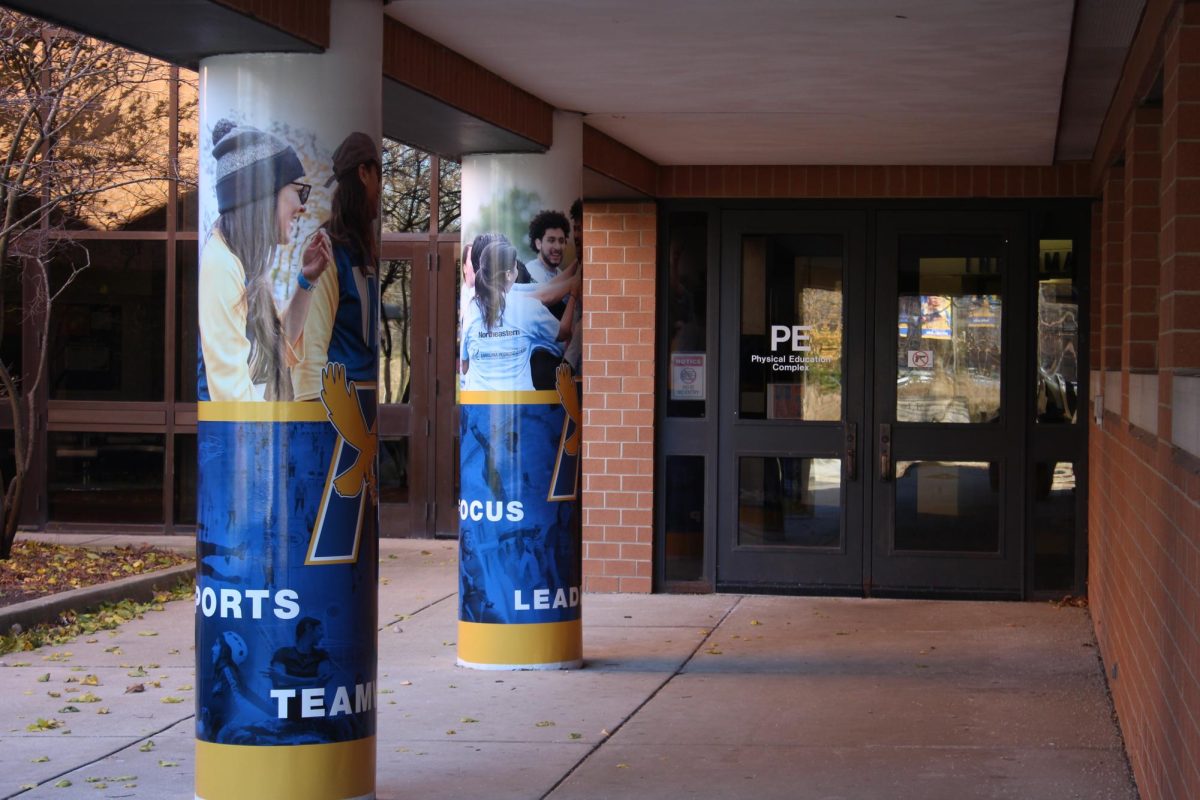
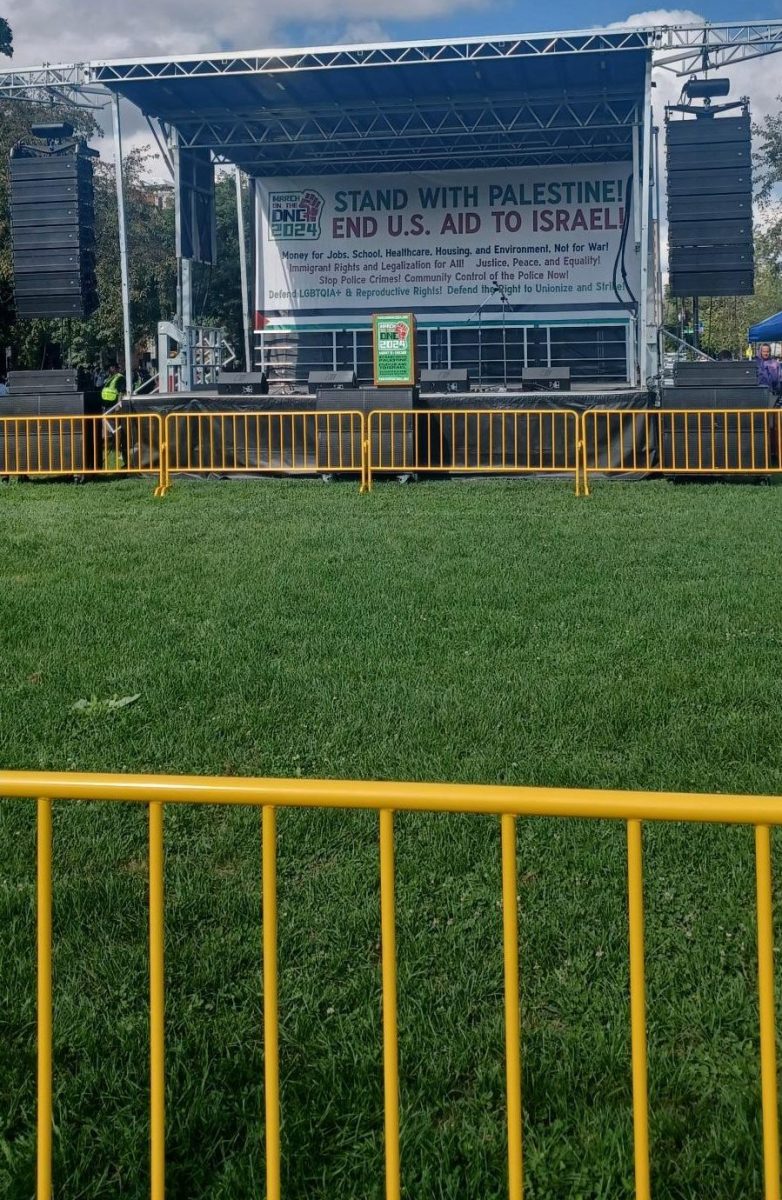
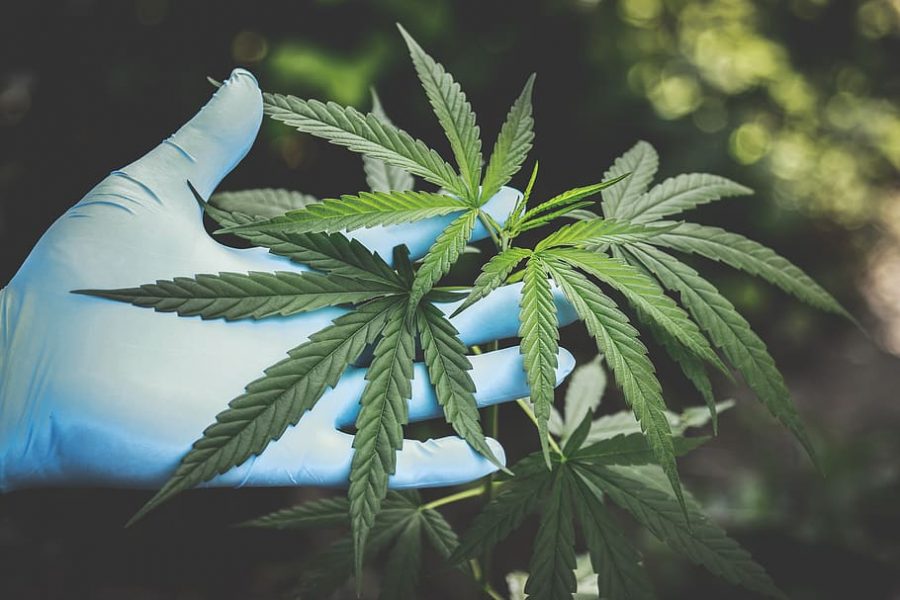
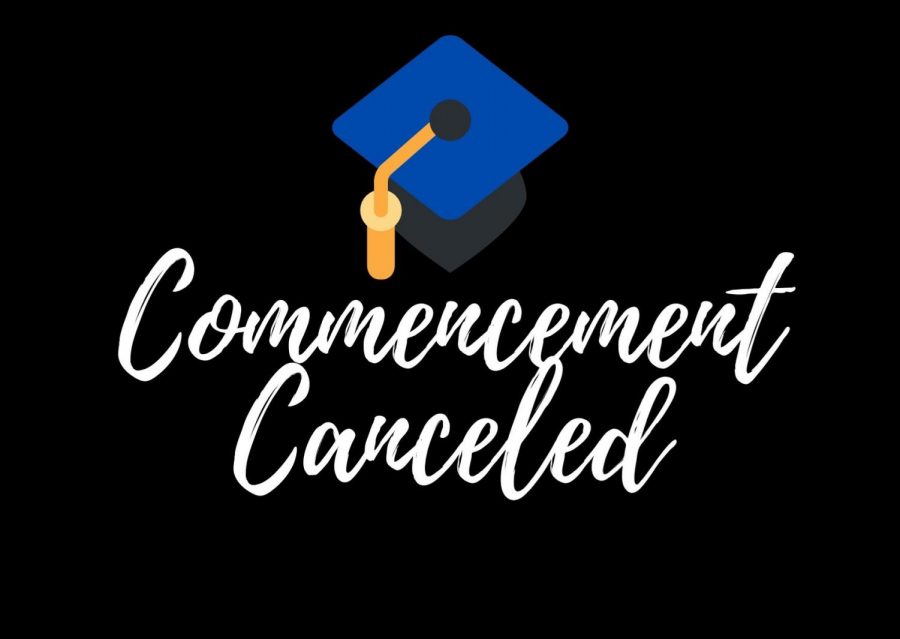
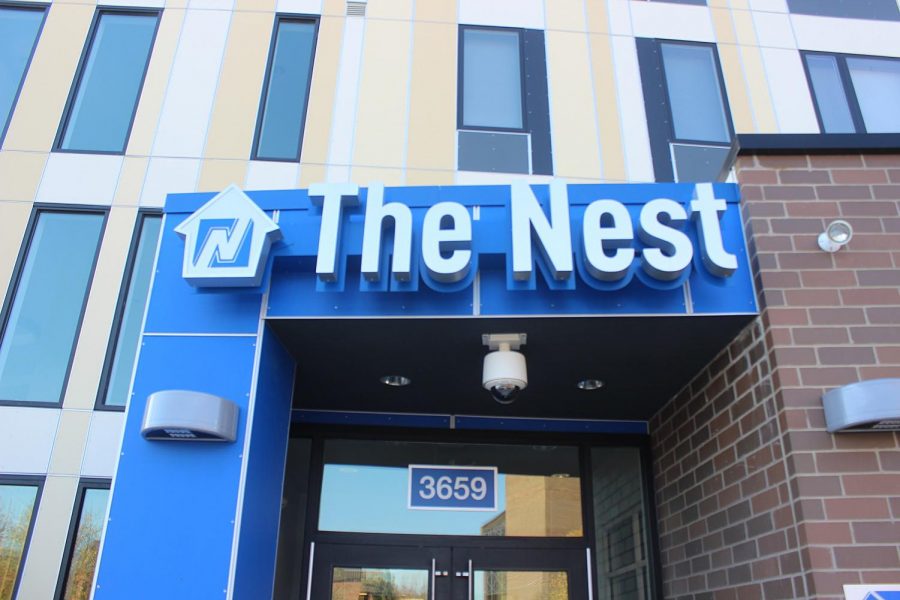
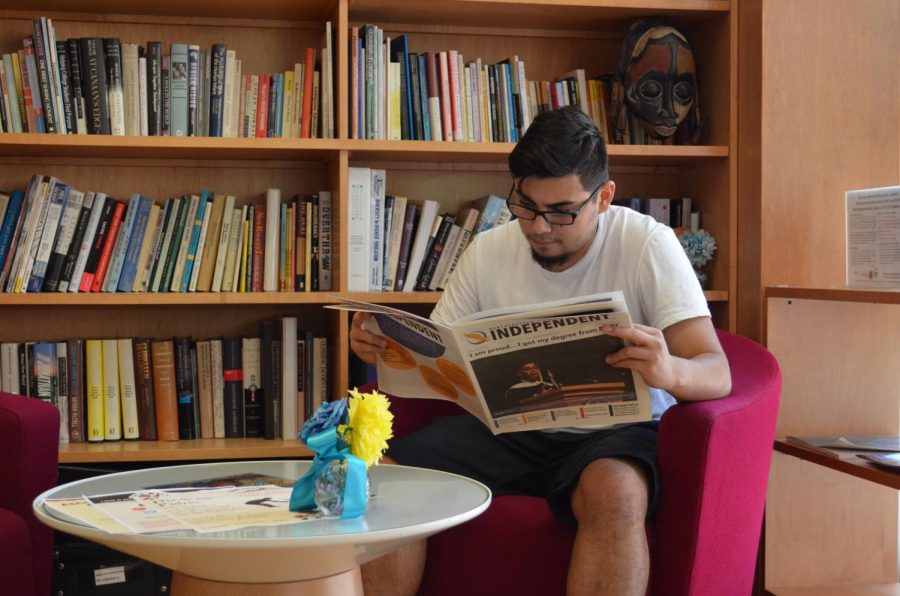
Dr. Dorene Wiese • Jan 27, 2025 at 12:24 am
Just one correction-the letters NAES, stand for the Native American Educational Services College, Inc. It was founded here in Chicago as the only private BA degree granting,American Indian college in the United States, until the higher learning commission, withdrew its degree granting authority in 2005.